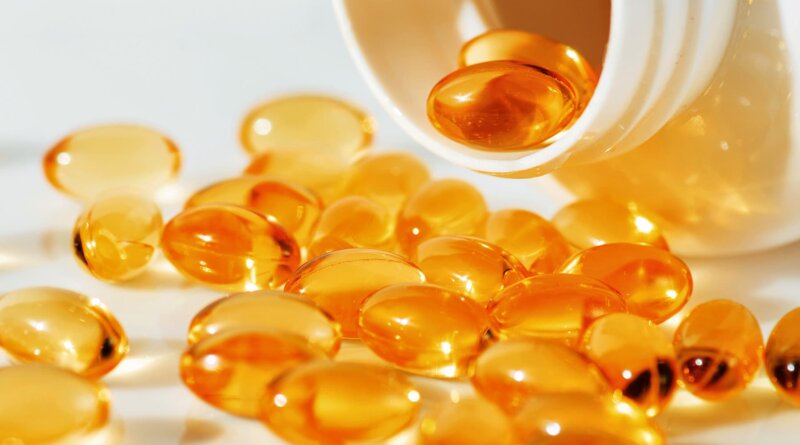Vitamin D Linked to Lower Risk of Suicide Attempts, Self-Harm
Veterans who had the lowest levels of vitamin D in their blood before supplements had a 64% lower risk when taking vitamin D3. In addition, Black veterans had a 64% lower risk when taking vitamin D3 and 58% lower risk when taking vitamin D2.
In general, for vitamin D3, higher doses were linked to higher reductions in self-harm and suicide attempts.
“The effects were large,” Gibbons says. “As previous work has shown, those with more severe depression stood to benefit the most.”
Although more studies are needed to find the reasons why vitamin D appears to reduce the risk of suicide and self-harm, people should consider asking their doctor to test their vitamin D levels if they have concerns, he says.
“Typically, doctors only screen for vitamin D levels if a patient has a condition currently associated with low vitamin D,” Gibbons says. “This brings up the idea that we need to be screening more regularly for those who might have an indication for depression, anxiety, or self-harm.”
Lavigne and Gibbons are interested in other things related to the use of vitamin D supplements, such as drug interactions, nutrient absorption, recommended doses, and different blood levels. For example, supplements may not dramatically reduce self-harm risks once someone has sufficient vitamin D levels.
“This highlights the question of how we define insufficiency and deficiency,” Lavigne says. “This type of research can contribute to public health approaches to improve health.”
Lavigne suggests talking to a doctor about the best dose to take, as it’s possible to take too much. Vitamin D is a fat-soluble vitamin, she says, which means it’s retained by the body and not flushed out like water-soluble vitamins. The U.S. recommended dietary allowance for most adults is 600 units per day, although that may vary by person.
Also, since dietary supplements don’t need to be approved by the FDA before being sold, it’s important to look for high-quality brands and ingredients, she says. For instance, U.S. Pharmacopeia (USP), an independent, scientific nonprofit organization, has created a
Verified Products Listing
for more than 100 supplements across numerous retailers.
“There are a wide variety of supplements out there,” Lavigne says. “One of the things you can look for is the U.S. Pharmacopeia label, which means it has been tested for quality.”




